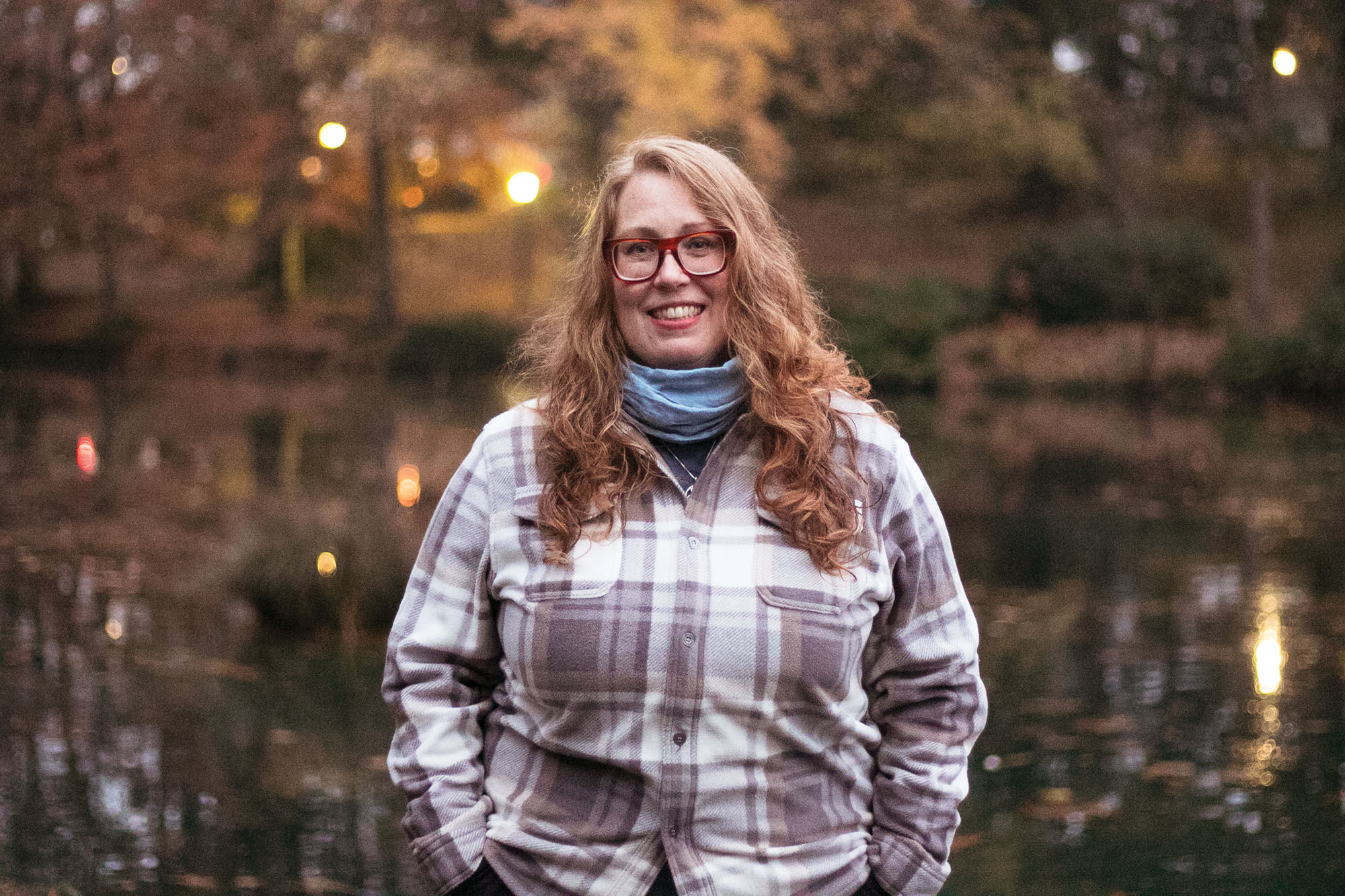Dr. Paula Noel Macfie is an independent researcher who has specialized in “decolonizing methodologies and indigenous science” for more than 27 years. She has a Ph.D. in Recovery of The Indigenous Mind from the California Institute of Integral Studies, a background in research, and plenty of personal experience as a patient of the plant. Her roles on the Oregon Cannabis Commission’s Patient Equity and Research Subcommittees are just the beginning of her dedication to the aforementioned causes, and through her company Back Door Medicine, LLC, she’s furthering her mission by bridging “people with Cannabis suppository knowledge, indigenous science research knowledge, and Cannabis product accessibility to low income and people with disabilities through a decolonization lens.”
What is your personal relationship with Cannabis?
The plant is who I work for. It’s my boss. It’s a way to communicate with my creator, the natural world, and with the animal kingdom. The plant allows me to have a self-sufficiency for my health. It allows me to treat many conditions: a brain injury from a baseball bat to my forehead when I was six, a multiple sclerosis diagnosis, an ADHD diagnosis, an Asperger’s diagnosis, and some PTSD from unlawful imprisonment and abuse. I’m a genetic anomaly. I have contraindications to almost all the drugs and pharmaceuticals that are thrown at me. Doctors don’t know what to do with me. So I solely rely on plant medicine and plant nutrition for all the conditions.
What inspired you to create and patent your own suppository mold?
Everything that I’ve done in Cannabis has come from a place of my own suffering and my journey. Talking about my suffering brought me to an idea when I was at my worst. My brother had also just passed away from rectal cancer and [before he passed] I had done research and found Rick Simpson Oil. But I didn’t know how to get it in his body in a way that could combat any of his cancer. After he passed away, I gave birth and was suffering from a fissure. Nothing naturopathic or pharmaceutical was helping. I was dying and I just started thinking. I got online, started digging around, and came across an article on Tommy Chong and his use of suppositories for cancer.
Tell me about your work with the Patient Equity Subcommittee. Do you feel that there has been progress?
Through my two years on the research subcommittee, I’ve brought a decolonizing framework with a bicultural research model to reframe how we research and talk about Cannabis. That includes Indigenous Science and Indigenous Mind. On the state level, the [Oregon Liquor and] Cannabis Commission is putting it on the forefront. On the city level … I was on a team for two months and the city completely removed me on every level. They want to stay functioning in dysfunction and toxicity because they’re getting money, power and control from it. And Portland’s been functioning this way for a very long time.
As a researcher, where do you see colonization’s effect on the Cannabis industry and its community?
Just the word ‘industry.’ It’s even the language that we choose to use when we talk about Cannabis. I intentionally try not to use ‘Cannabis industry’ in the same sentence. It’s so highly colonizing of this plant medicine to industrialize the process, to package it, to dissect it too. They’re doing the same thing with psilocybin.
In what ways do you hope to see Oregon’s Cannabis Commission improve patient equity in the coming years?
My personal mission is to make the [OMMP] card fee for people on disability the same as the fee for veterans or people who are on SSI. They all need to be $20. People on disability should not be paying triple the amount that a vet or person on SSI is paying. We spend more money on medical care than the average person and have very limited and fixed disability income. So that [reduced fee] is back on the table and being pushed pretty hard.










